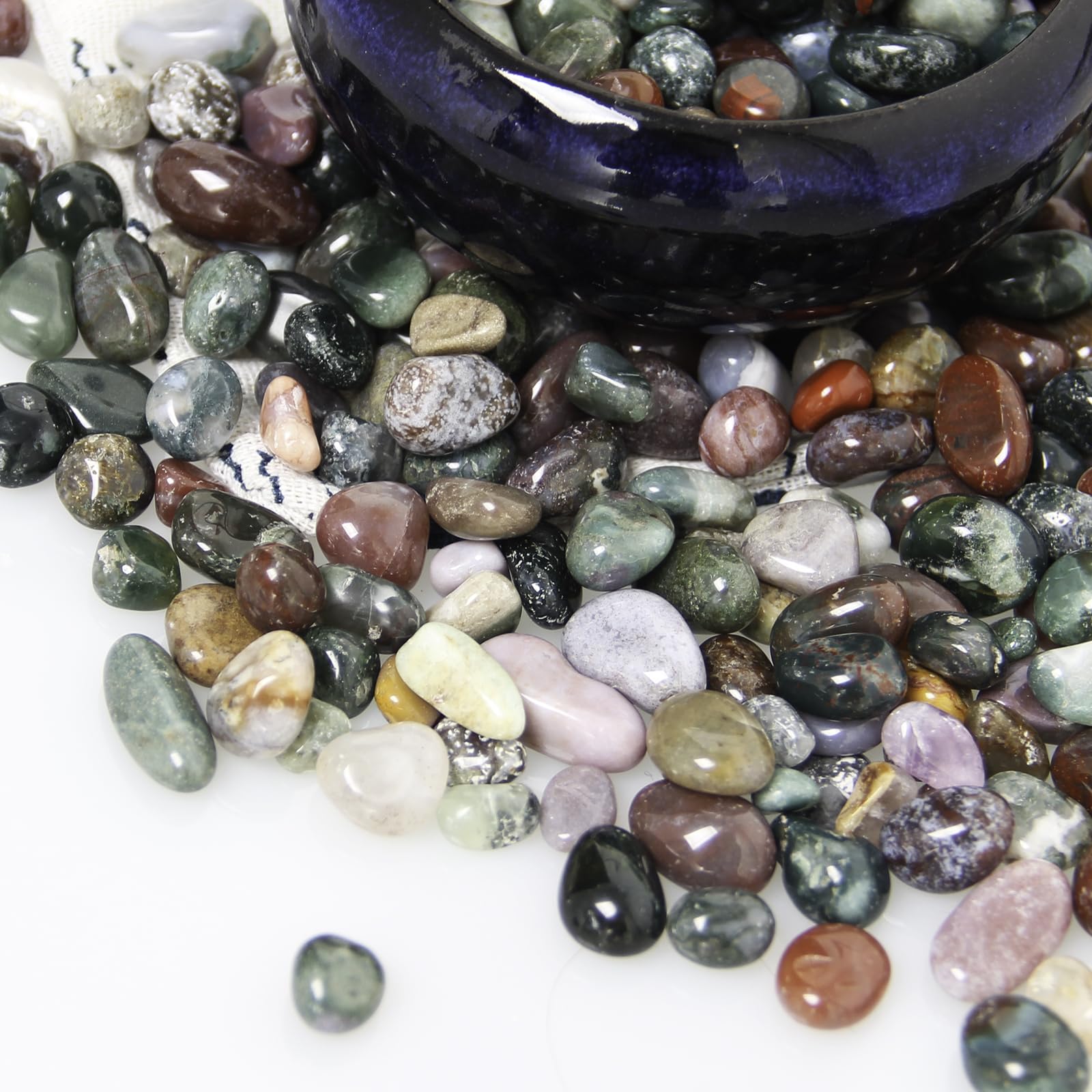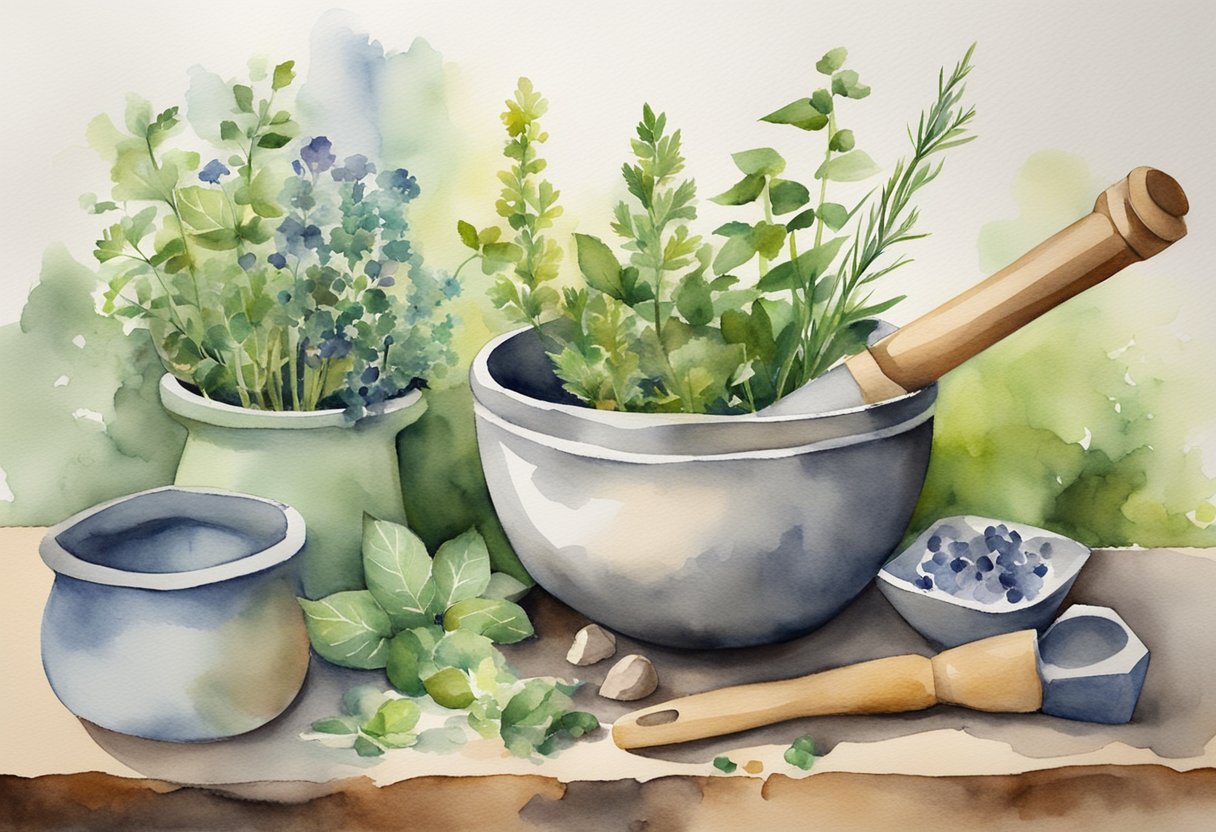
How Often Do You Practice? A Guide to Consistency and Growth in Your Craft
For anyone pursuing a skill, art, or spiritual practice, one question often comes up: How often should you practice? Whether you're a musician, athlete, witch, writer, or someone dedicated to personal growth, finding the right balance between regular practice and avoiding burnout is essential. This blog explores the factors that influence practice frequency, offers strategies for consistency, and examines the benefits of a dedicated routine.
Why Practice Frequency Matters
Consistency in practice is the cornerstone of mastery. It shapes not only your skill level but also your mindset and confidence. Whether you're honing a craft or engaging in spiritual work, frequent practice offers these benefits:
- Skill Development: Repetition is key to improving technique, learning new skills, and internalizing knowledge.
- Building Muscle Memory: For physical and mental practices, regularity helps form habits and unconscious competence.
- Deepening Connection: Spiritual or creative practices benefit from frequent engagement, fostering a stronger connection to your craft or purpose.
- Building Momentum: Practicing regularly keeps your progress on track and prevents stagnation.
Factors That Influence Practice Frequency
The ideal frequency for practicing varies depending on your goals, lifestyle, and the nature of the activity. Consider these factors when deciding how often to practice:
1. The Type of Practice
- Physical Skills: Activities like sports, yoga, or playing an instrument often benefit from daily practice to build muscle memory and stamina.
- Mental or Creative Practices: Writing, painting, or coding may require longer, less frequent sessions to allow for creative flow.
- Spiritual Practices: Meditation, witchcraft, or prayer can be practiced daily for consistency or less often to avoid feeling forced.
2. Your Experience Level
- Beginners: Regular, short sessions help build familiarity and confidence.
- Intermediate Practitioners: Moderate frequency allows for deeper exploration without feeling overwhelming.
- Advanced Practitioners: Tailored, intensive practice sessions focus on refining mastery.
3. Your Goals
- Skill Mastery: Frequent practice is essential if you're working toward professional or competitive excellence.
- Personal Enjoyment: If your goal is fun or relaxation, practicing when it feels right may be more beneficial.
- Spiritual Growth: Consistency is important, but intentions and quality matter more than rigid schedules.
4. Time and Energy Availability
Balancing practice with work, family, and other commitments is crucial. Overcommitting can lead to burnout, while undercommitting may hinder progress.
How Often Should You Practice?
Below are general guidelines based on various practices:
1. Creative Practices
For activities like painting, writing, or playing music:
- Daily: 20–30 minutes of focused practice keeps your skills sharp and creative juices flowing.
- 3–4 Times a Week: Longer sessions (1–2 hours) allow for deeper engagement without daily pressure.
2. Physical Practices
For sports, yoga, or fitness:
- Daily: Light practice or stretching maintains consistency and flexibility.
- 4–5 Times a Week: Moderate to intense sessions build strength, endurance, or skill.
3. Spiritual Practices
For meditation, witchcraft, or prayer:
- Daily: Brief moments of mindfulness or gratitude keep you grounded.
- Weekly: Larger rituals or ceremonies maintain a deeper connection.
4. Learning New Skills
For language learning, coding, or academic subjects:
- Daily: Short bursts (15–30 minutes) are better for retention and habit formation.
- Every Other Day: Focused, hour-long sessions suit those with limited time.
Strategies for Building a Consistent Practice Routine
Creating a routine that works for you is key to staying consistent. Here’s how to establish and maintain one:
1. Start Small
Set realistic goals to avoid overwhelm. For example:
- Practice for 10 minutes daily instead of aiming for an hour.
- Focus on one or two aspects of your craft per session.
2. Create a Schedule
- Dedicate specific times for practice, such as mornings or evenings.
- Use reminders or calendar apps to stay accountable.
3. Prioritize Quality Over Quantity
- A focused 20-minute session is more effective than an hour of distracted effort.
- End your practice feeling accomplished, not drained.
4. Make It a Ritual
- Transform your practice into a ritual by creating a dedicated space or routine.
- Incorporate elements that make it enjoyable, like music, candles, or special tools.
5. Track Your Progress
- Use a journal or app to record your practice sessions and milestones.
- Reflect on your growth to stay motivated.
6. Stay Flexible
- Life happens—missing a session is okay. Focus on getting back on track without guilt.
- Adjust your routine as your goals or circumstances change.
The Role of Rest and Recovery
Just as regular practice is vital, so is rest. Overworking can lead to physical and mental exhaustion, diminishing your performance and enthusiasm. Here’s why and how to integrate rest into your routine:
- Avoiding Burnout: Scheduled rest days prevent fatigue and keep your practice sustainable.
- Enhancing Retention: The brain processes and stores information during rest, improving learning and creativity.
- Physical Recovery: For physical practices, rest is essential for muscle repair and growth.
How to Incorporate Rest
- Alternate intense practice days with lighter sessions or rest.
- Take a day off every week to recharge.
- Engage in complementary activities, like walking or reading, to relax while staying connected to your goals.
Adapting Your Practice to Your Life
Your practice routine should evolve as your life changes. Here are some tips for adapting:
During Busy Periods
- Opt for shorter, more focused sessions.
- Combine practice with other activities, like meditating during a commute.
When Motivation Wanes
- Revisit your goals to reignite inspiration.
- Explore new techniques or aspects of your practice to keep it fresh.
In Times of Change
- Adjust your schedule to accommodate new commitments.
- Be patient with yourself as you find a new rhythm.
How to Measure Progress
Progress isn’t always linear, but tracking it can boost your confidence and guide your practice. Here’s how to measure growth:
- Set Benchmarks: Define milestones, like mastering a song, completing a project, or performing a ritual.
- Reflect Regularly: Take time to acknowledge how far you’ve come.
- Celebrate Wins: Reward yourself for reaching goals, big or small.
Community and Accountability
Practicing with others or sharing your journey can enhance your experience. Here’s how community can support your growth:
- Join Groups: Participate in classes, online forums, or local meetups related to your craft.
- Seek Feedback: Constructive feedback from peers or mentors can accelerate improvement.
- Share Your Journey: Documenting your practice on social media or a blog can inspire others and keep you accountable.
Real-Life Examples of Practice Routines
Here are sample routines for different types of practitioners:
Musician
- Daily: 15 minutes of scales or technique practice.
- Weekly: 3–4 sessions focused on learning new pieces or improvisation.
Writer
- Daily: 30 minutes of free writing or working on a project.
- Weekly: A longer session for editing and brainstorming.
Witch
- Daily: 5–10 minutes of meditation or lighting a candle with intention.
- Monthly: A full moon ritual or detailed spellwork.
Athlete
- Daily: Light stretching or mobility exercises.
- Weekly: 3–5 intense training sessions with rest days in between.
The Magic of Consistent Practice
The frequency of your practice ultimately depends on what resonates with you and your goals. Whether daily, weekly, or somewhere in between, the key is to approach your practice with intention and dedication. Over time, consistency will yield growth, mastery, and a deeper connection to your craft.
Remember, the journey is just as important as the destination. Embrace the process, celebrate progress, and let your practice become a source of joy and fulfillment.




 https://witchyhour.com
https://witchyhour.com